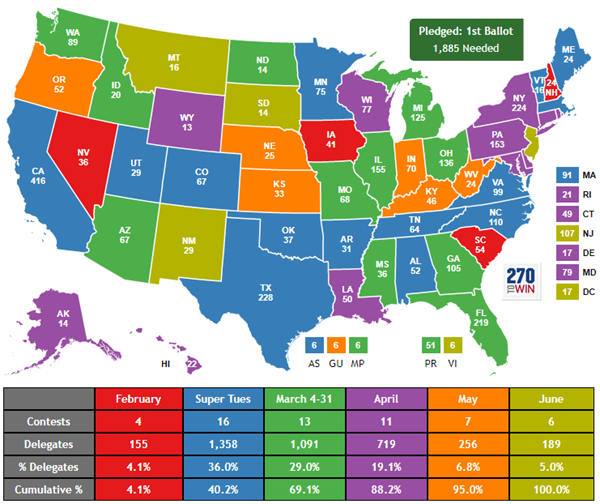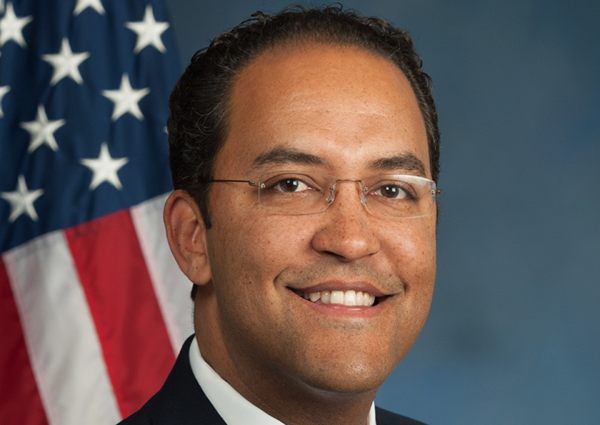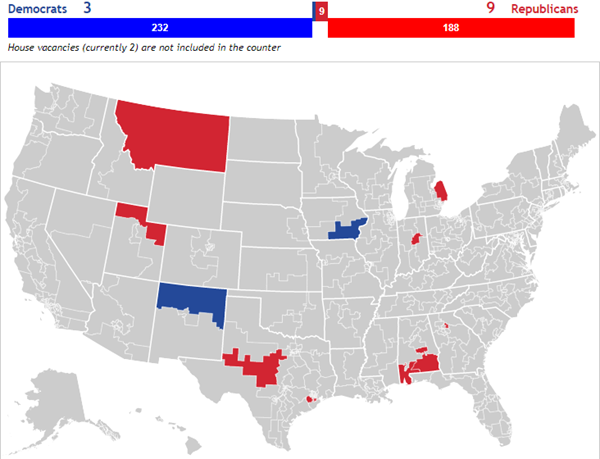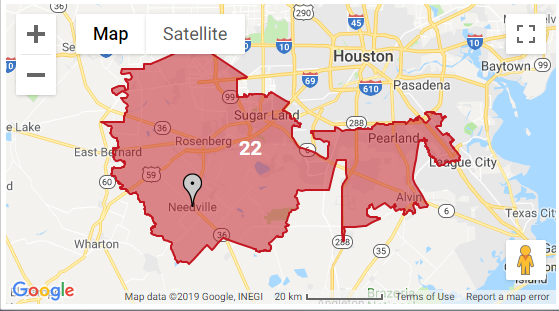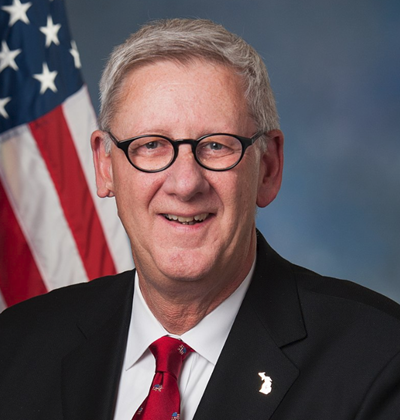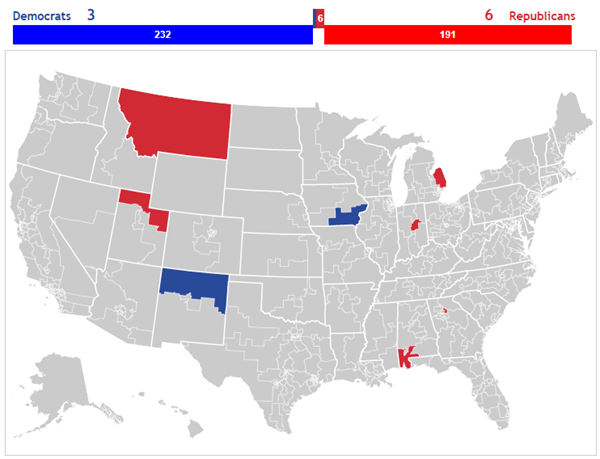Guam Democrats have chosen May 2, 2020 for their territorial caucuses. With this selection, each state and territory now has a Democratic primary or caucus date on the 2020 election calendar, although a few of the dates remain tentative. Delegate information on the map below is also preliminary. Locations holding their primaries on April 1 or later will receive bonus pledged delegates.
Update: On August 2, in one of his last acts before leaving office, the governor of Puerto Rico signed a law moving the 2020 primary to March 29. The content below has been changed to reflect this.
